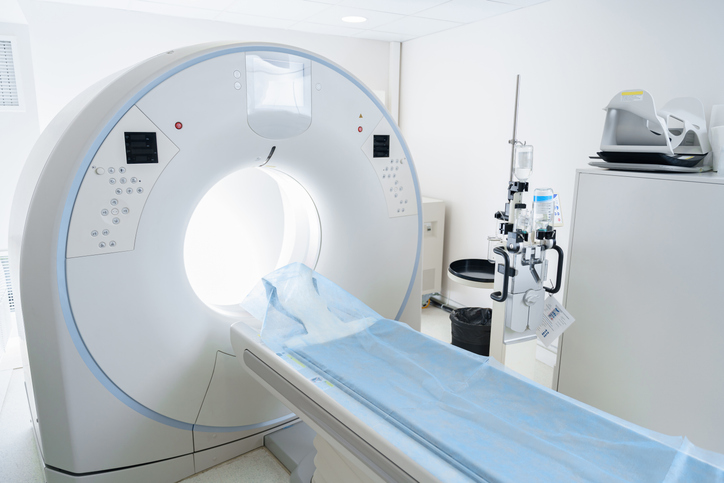
Psoriasis and Risk of Adverse Cardiovascular Outcomes
According to a recent study in the journal, Frontiers in Cardiovascular Medicine, although several studies have explored associations between psoriasis and adverse cardiological outcomes and have suggested psoriasis to be a risk factor for adverse events, “the relationship has become uncertain with the emergence of many new studies.” The study’s lead author, Lu Liu, and colleagues from the Cancer Institute of The Fourth Hospital of Hebei Medical University in Shijiazhuang, China, conducted an analysis wherein they concluded that “psoriasis is associated with all adverse cardiovascular outcomes of interest, especially in severe patients.”
Let’s Vent about Venting the Left Ventricle: A VA-ECMO Study
Left ventricular mechanical unloading with intra-aortic balloon pump (IABP) or percutaneous ventricular assist device (pVAD) in patients on VA-ECMO was associated with lower in-hospital mortality but increased bleeding events, according to a study published in the Journal of the American College of Cardiology.
The Digital Diagnostician: Deep Learning to Detect HCM vs. Amyloidosis
For novel therapies to be optimally useful, clinicians must be able to detect cardiac hypertrophy and uncover its underlying etiology quickly and accurately. LV hypertrophy is widely thought to be underdiagnosed, and thus a robust diagnostic tool would help get these new drugs into the hands of patients who need them. Researchers at Stanford and Cedars-Sinai developed a deep-learning algorithm that may be able to detect increases in left ventricular (LV) thickness and classify its underlying etiology, be it hypertrophic cardiomyopathy (HCM) or cardiac amyloidosis (3).
Characteristics of Peripheral Artery Disease Trial Patients Compared to Real-World Patients
In a randomized controlled trial, published in Contemporary Clinical Trials, researchers assessed whether the characteristics in cohorts of patients with peripheral artery disease (PAD) among randomized clinical trials (RCTs) are representative of real-world populations of patients with PAD. According to the study’s primary author, Lindsey E. Scierka, from the Vascular Medicine Outcomes Program of the Section of Cardiovascular Medicine in the Department of Internal Medicine at Yale University in Connecticut, USA, “real-world patients with PAD were older and sicker when compared to an RCT with similar indications.”
Thromboprophylaxis With Apixaban For Cancer Patients
Apixaban has been shown to be effective for preventing venous thromboembolism (VTE) in patients with cancer, but is associated with an increased bleeding risk. In a study, published in Thrombosis Research, researchers assessed the safety and effectiveness of thromboprophylaxis with apixaban in cancer patients from the AVERT trial in subgroups based on varying renal function. Primary investigator, Tzu-Fei Wang, reported that patients from the AVERT cohort with creatine clearance (CrCl) less than 60 mL/min “did not have higher risk of thrombotic or bleeding complications compared to those with CrCl ≥60 mL/min.”
The Treatment of Mild Hypertension in Pregnancy: A New CHAPter
In a recent practice advisory, the American College of Obstetricians and Gynecologists (ACOG) updated guidelines for the treatment of chronic hypertension in pregnancy1 based upon new data released from the Chronic Hypertension and Pregnancy (CHAP) trial.2 ACOG now recommends that clinicians initiate antihypertensive treatment for blood pressure above 140/90 mmHg in pregnancy, replacing the previous threshold of 160/110 mmHg.







 © 2025 Mashup Media, LLC, a Formedics Property. All Rights Reserved.
© 2025 Mashup Media, LLC, a Formedics Property. All Rights Reserved.